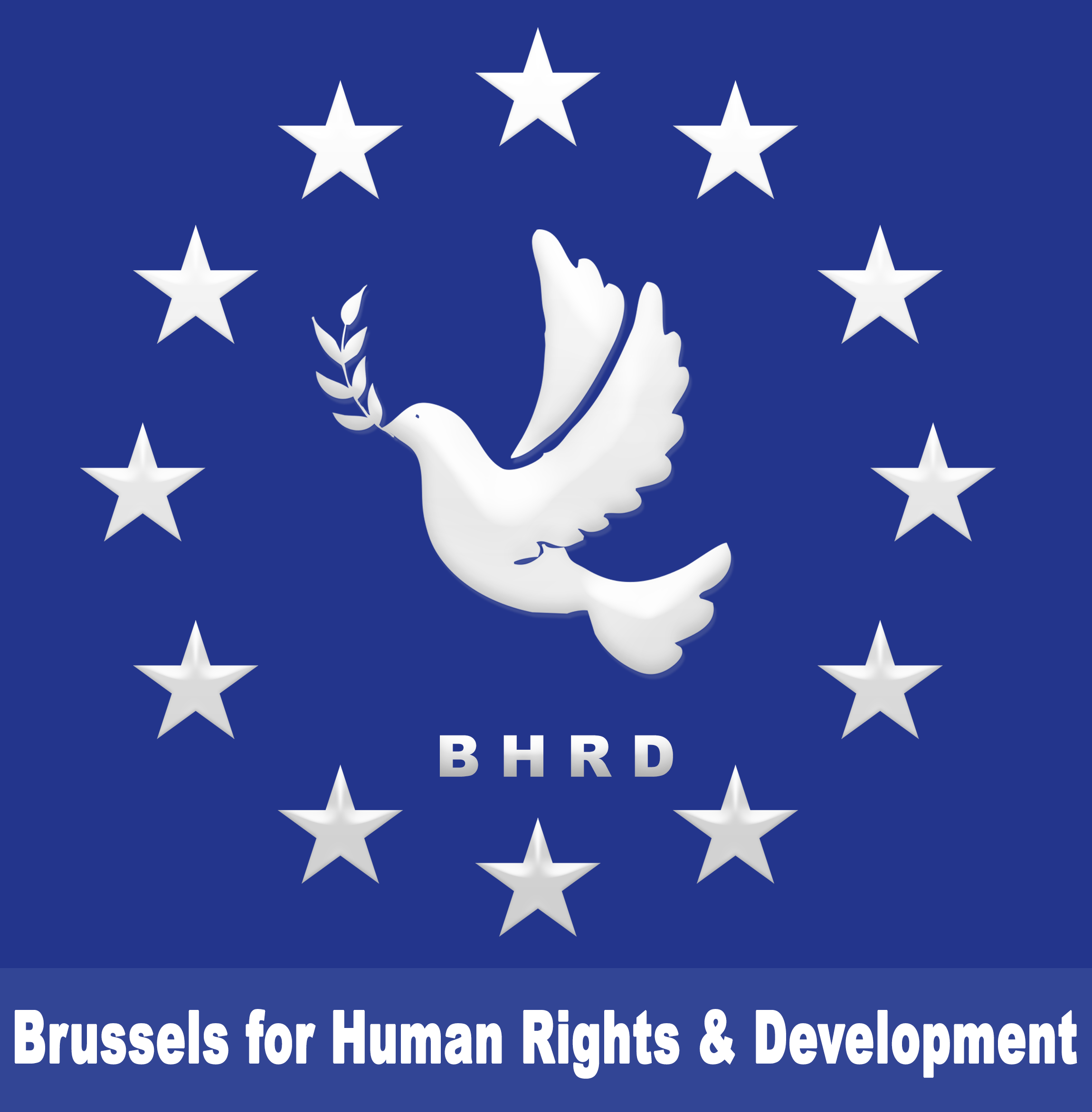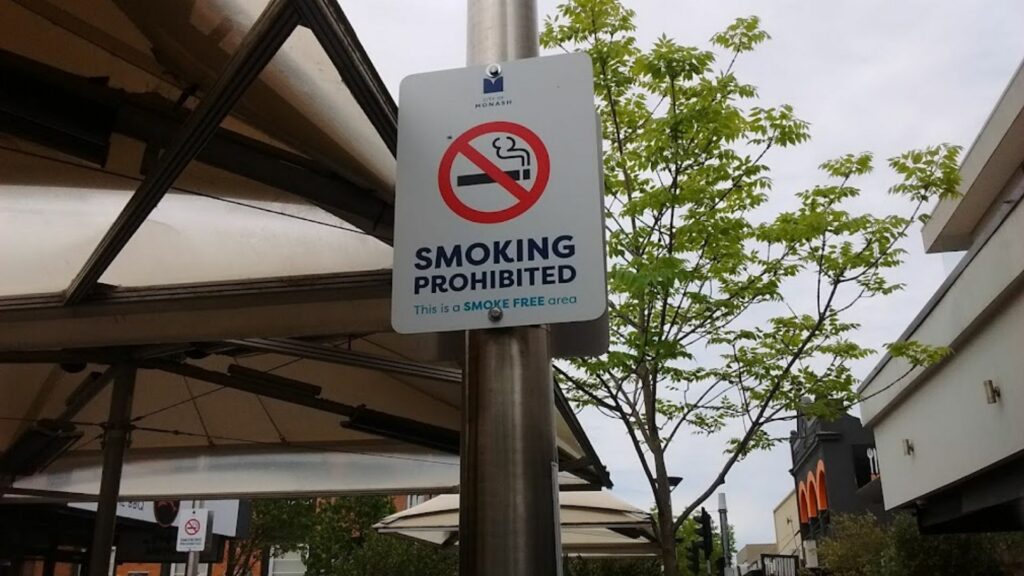July 18, 2024 – Humanitarian Aid
In preparation for Ukraine’s third winter amid ongoing conflict, the United Nations High Commissioner for Refugees (UNHCR) has announced a significant $100 million financial contribution to support displaced and war-affected individuals. This announcement was made by UN High Commissioner for Refugees, Filippo Grandi, during his third visit to the wartime city of Kharkiv.
“Kharkiv is central to our support efforts for the people of Ukraine. I’ve seen the devastating impact of continuous attacks on Ukraine’s energy infrastructure and the resulting hardships for millions of civilians. Yet, I’ve also witnessed the unwavering reconstruction efforts, a testament to the resilience and strength of the Ukrainian government and its people,” Grandi remarked.
Kharkiv remains a refuge for approximately 200,000 internally displaced persons. The situation in the city intensified in May when a renewed ground offensive by Russian forces forced over 10,000 people from frontline communities to seek safety in Kharkiv.
In his role as head of UNHCR, Grandi is urging the international community to increase support to meet the pressing needs and to show unwavering solidarity with the people of Ukraine.
Comprehensive Winter Response Plan
UNHCR is particularly concerned about the harsh winter conditions in Kharkiv, which could exacerbate the already difficult living conditions, potentially causing more people to seek protection elsewhere. To mitigate this, UNHCR has launched an extensive winter response plan. This initiative, part of a broader UN appeal, aims to provide financial aid, assist with home repairs and insulation before the cold sets in, and cover energy bills.
As an initial measure, Grandi, in coordination with Ukraine’s Ministry of Energy, has provided 10 generators to ensure critical services remain operational during power outages. Oleh Syniehubov, Head of Kharkiv’s oblast state administration, expressed gratitude for the generators, emphasizing their importance for critical infrastructure in towns and villages. Svitlana Hrynchuk, Deputy Minister of Energy, highlighted that this support is crucial in strengthening the energy system to withstand the winter months.
‘Ukraine is Home’ Digital Platform
Additionally, UNHCR has launched the ‘Ukraine is Home’ digital information platform. This innovative tool is designed to help Ukrainian refugees and internally displaced individuals make informed decisions about returning home or continuing to stay in host communities by providing timely and impartial information.
“We must continue to support Ukrainian refugees, and also be ready to assist them in returning home when they deem it safe and appropriate,” Grandi emphasized.
For more details, visit the report


 العربية
العربية









